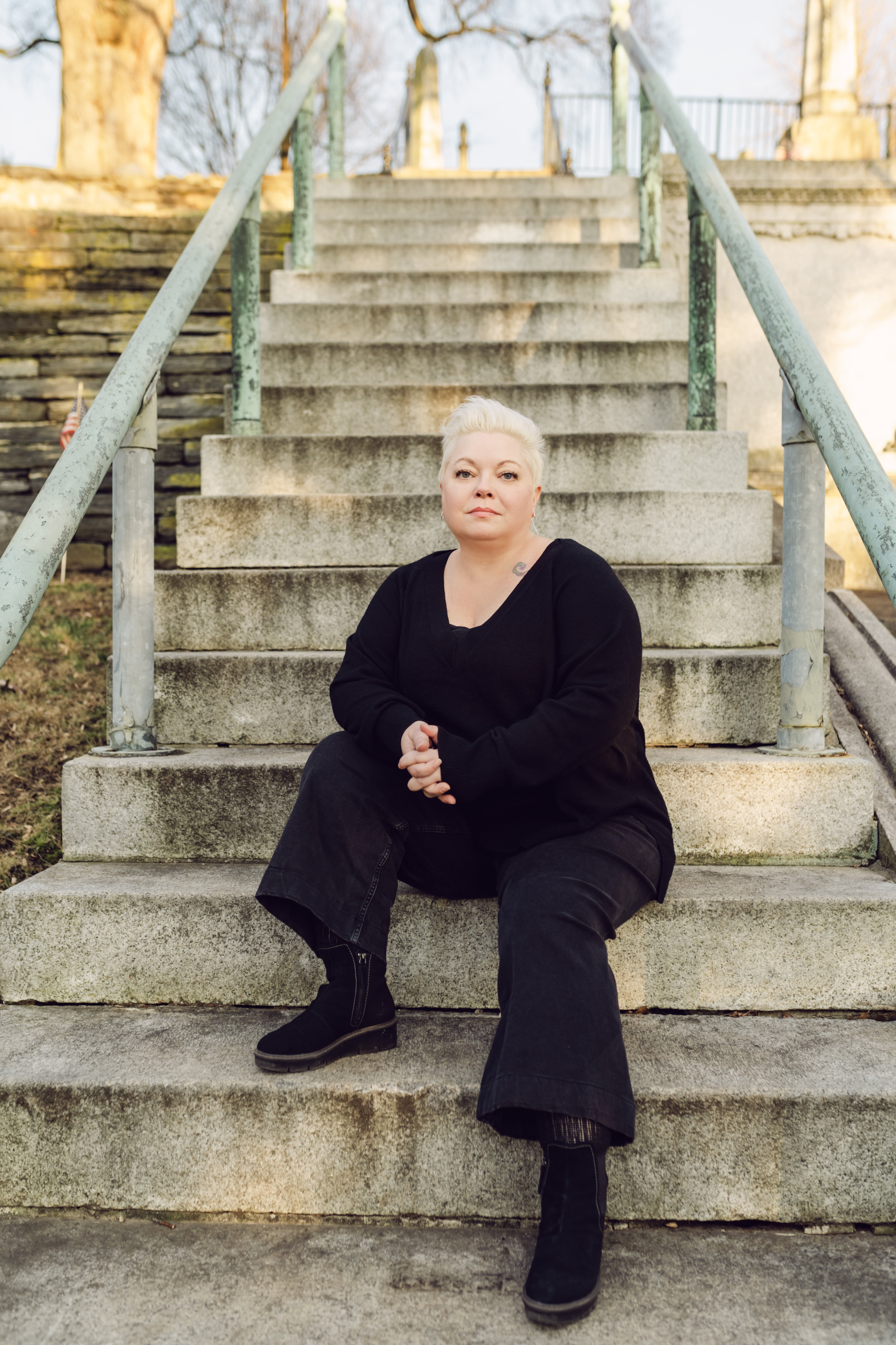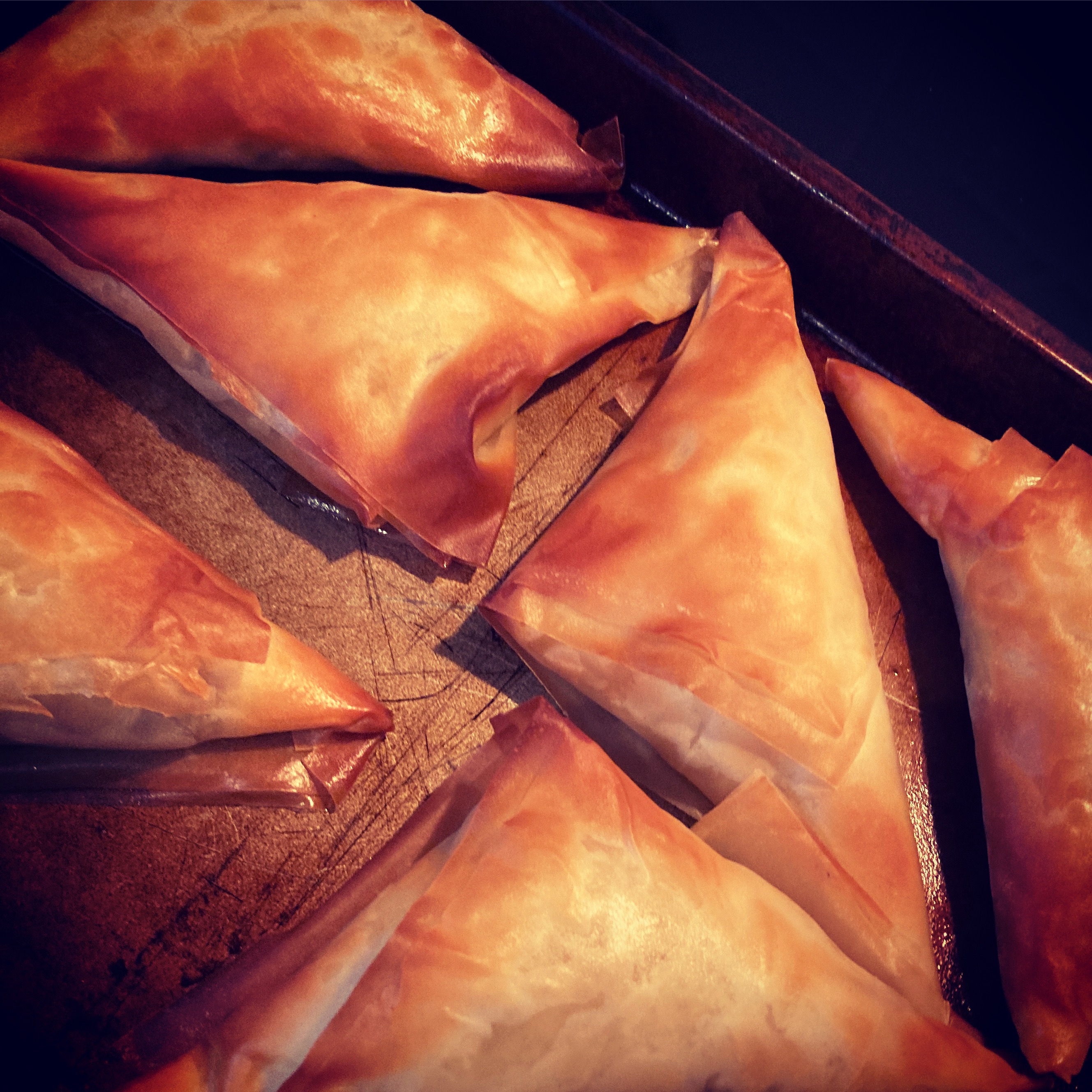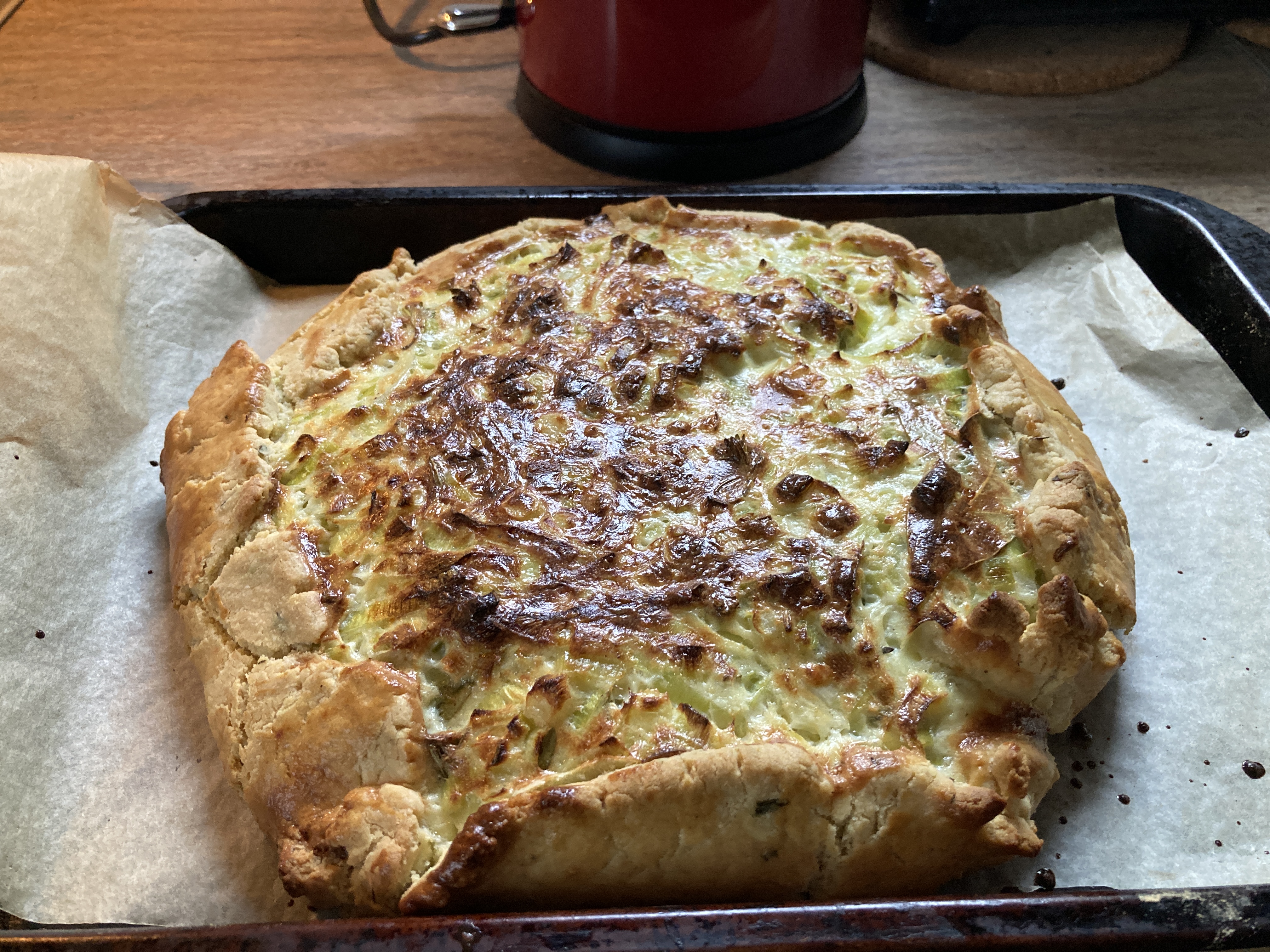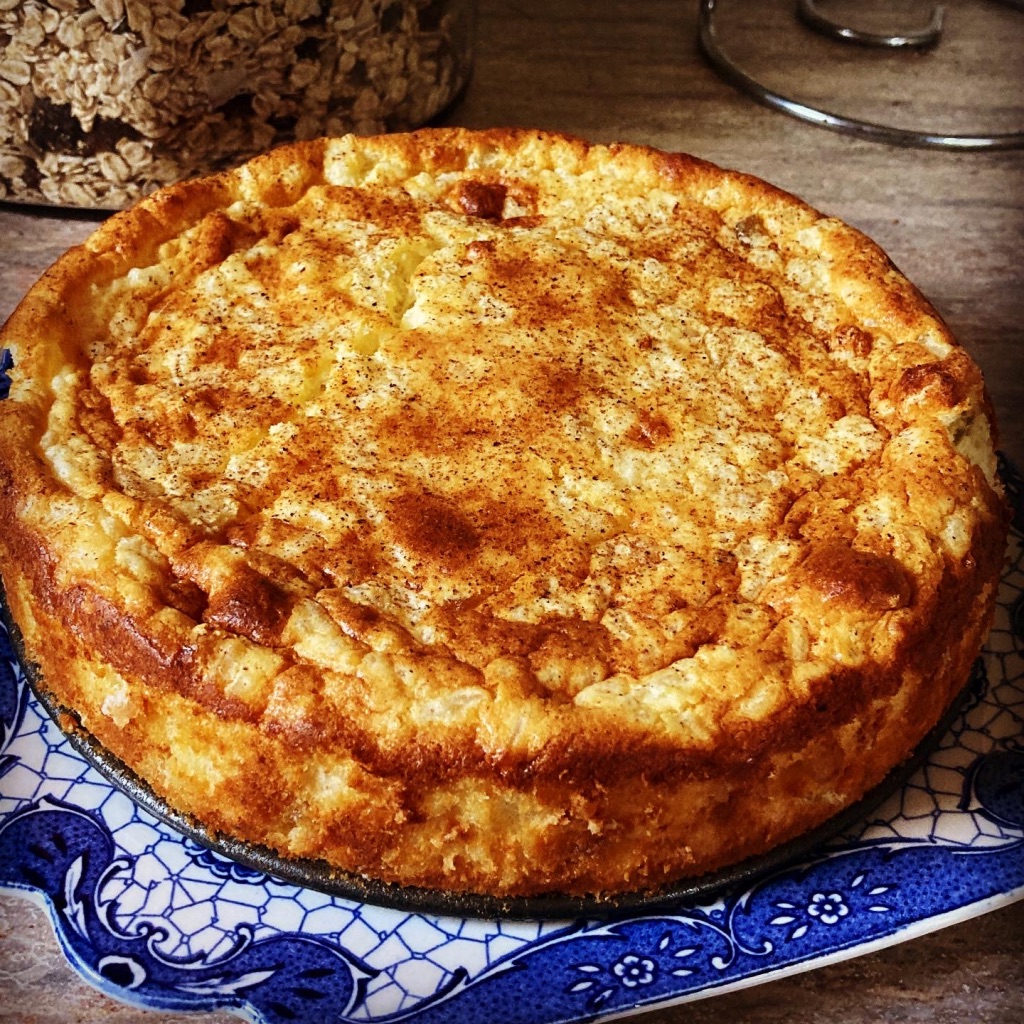
Nicole M Wolverton taken by Heather McBride Photography
NICOLE M. WOLVERTON grew up in the rural hinterlands of northeast Pennsylvania, wondering what lurked in the cornfields outside her bedroom window. Her curiosity about what terrible things might lay in wait in the dark only deepened after moving to Philadelphia after high school—to the point where she and her husband led their wedding guests on a ghost tour of Old Fort Mifflin during their reception.
Today, Nicole is a fear enthusiast and Pushcart-nominated writer of (mostly) speculative and horror fiction. She is the author of A MISFORTUNE OF LAKE MONSTERS, a young adult speculative novel due out on July 2, 2024 (CamCat Books), and THE TRAJECTORY OF DREAMS, a 2013 adult psychological thriller (Bitingduck Press). She also edited/curated the 2021 anthology of short fiction BODIES FULL OF BURNING (Sliced Up Press), exploring horror through the lens of menopause—the first of its kind. Her short fiction, creative nonfiction, and essays have appeared in over forty anthologies, magazines, and podcasts.
She lives in the Philadelphia area—in a creaky and mysterious hundred-year-old house—with her long-time and long-suffering husband and a sweet, goofy rescue dog. Nicole earned a B.A. in English from Temple University and a Masters of Liberal Arts in storytelling, horror, and society (with a creative writing certificate) from the University of Pennsylvania. She is an elections official, assistant magazine editor, and speechwriter, as well as a travel enthusiast (24 countries to date) and dragon boat steersperson, paddler, and assistant coach.
Nicole can be found at:
Website: www.nicolewolverton.com
Mastodon: @nicolewolverton
Instagram: @nicolewolv214
Tell me what inspired you to write your debut young adult novel?
I was the chief dishwasher in my family—and I know how random that sounds in response to the question. I grew up in a small, rural town in northeast Pennsylvania, and my childhood home was on the outskirts of that rural town. One of my chores was washing the dishes after dinner, and so I would stand there are the sink, look out the window at the lake about a mile behind my house, and fantasize about what might be lurking in its depths. There was never much of anything to even when I wasn’t washing dishes, so that’s how a lot of my ideas were born—I’d zone out, wondering what lived in the cornfields next to my house… or have a dream that our high school football team’s winning streak was assured by a local necromancer. But for A Misfortune of Lake Monsters, it was all about that lake and about wondering what else was out there in the world that was bigger than my experiences as a rural teen.
What came first the characters or the world?
The world, absolutely. Devil’s Elbow, Pennsylvania—the setting of A Misfortune of Lake Monsters—is based in many ways on my hometown. It is geographically in just about the same location, and the town is just as strange as I felt my town was during my high school years. Of course, my hometown is not a tourist mecca with a resident lake monster!
The characters in Lake Monster, while they came later, arrived in my head nearly fully formed… likely because I could see so clearly who Lemon Ziegler and her grandparents had to be. The owner and operators of Ziegler Ferry Tours—and the perpetrators of a generations-old fake lake monster—had to be tough old birds, the type who could raise a granddaughter who would be incredibly loyal and caring, yet tough in her own way. Troy and Darrin showed up next, but again—they had to be exactly who they are. I was lucky enough to be part of a small group of tightly-bonded friends in high school, and Lemon, Troy, and Darrin are modeled on that type of ride-or-die friendship.
How hard was it to get your first (debut) book published?
A Misfortune of Lake Monsters has been through two agents and a handful of close calls… so it’s been a slog. Horror as a genre is really interesting—there’s some absolutely great horror being published by the Big 4, but in more recent years it seems like the place to be for horror is smaller publishers. I keep hearing that for the big New York publishers, horror (particularly YA horror) is a tough sell—yet independent publishers are taking chances and producing extraordinary work. Take a look at the Stoker Awards and the Locus Awards, for instance: the big guys are well-represented, but so—too—are smaller operations. While it took some time for Lake Monsters to find the right home, I think in the end it landed in exactly the right place with a smaller publisher.
How long did it take to write?

A Misfortune of Lake Monsters
Which time?! A Misfortune of Lake Monsters has been through a few versions—it started out as a third person, dual POV story. I think the first draft might have taken only six months, perhaps. After all the tinkering, re-drafts, developmental edits, etc, well… I’m not sure I can lay an accurate number of months or years on it.
Do you have a writing playlist? If so do you want to share it?
Rather than a writing playlist, I have plotting playlists. Listening to music is hard for me when I write because my brain tunes into it, and I want to sing along or thing about the lyrics—so it’s more distraction than helpful. But in the plotting phase (and I am an aggressively organized plotter) it’s very helpful. I do a lot of thinking while lying in bed because I have long-term chronic insomnia… I’ll wake up at three in the morning and not be able to sleep, so I put on the playlist for a specific novel, get in the right frame of mind either through the sound or meaning of songs, and let my brain wander into the plot. Sometimes I add to playlists after I’ve plotted and written, simply because a song reminds me of a character or scene, though—like A Misfortune of Lake Monsters’ playlist has a few songs that came out long after I’d already finished the book.
How many publishers turned you down?
I’m not really sure! The agent who took A Misfortune of Lake Monsters on submission kept track of that, and I tried to stay positive by tuning it out as much as possible, waiting for that YES. It also helped that for at least some of that time, I was writing short stories that were getting acquired—so I had a distraction. Pursuing publication means generating coping mechanisms to help deal with rejection. Ha!
What kind of reactions have you had to your book?
Very few people have read A Misfortune of Lake Monsters at this point—my critique partners, my former agents, my editors at CamCat Books. I’ll be able to update you on this after early review copies go out in a few months.
What’s the favourite reaction you’ve had to your book?
Something that tickled me—one of my critique partners said that Lake Monsters was as if Clown In A Cornfield had a baby with Jaws in Welcome to Night Vale. High praise indeed!
What can you tell us about your next book?
Keep in mind that this novel hasn’t been acquired yet, but if you enjoy accidental-slash-unintended cannibalism and ride-or-die friendships, it might be the book for you. It was a very personally satisfying book to write for me, which sounds strange, I know.
I can also tell you that it, too, is set in Devil’s Elbow, Pennsylvania, the setting for A Misfortune of Lake Monsters, and that is by design: ever since I started reading Tana French’s Dublin Murder Squad series, I’ve been enamored with the idea of building a world and situating a raft of standalone books within that world. With Devil’s Elbow, I’m able to do that, and it’s incredibly fun.
Do you take notice of online reviews?
Sure—but I also have enough of a thick skin that if someone doesn’t like something I’ve written, it doesn’t bother me. My work is not for everyone. It does make great reviews all the sweeter, and I’m so appreciative of those who read and take the time to leave reviews or contact writers to say nice things.
Would you ever consider writing outside your current genre?
I will always think of myself as a horror/speculative writer first, both adult and young adult—but I’ve had a few more literary-type short stories published, including one in the Saturday Evening Post. I also dabble in creative nonfiction and memoir, owing to several classes I took during my masters program in those areas. There’s something magical about mining your past for vividly painful incidents and turning them into something insanely weird or funny. I’m not afraid to write what appeals to me in the moment, regardless of the genre. Plus, I think of horror very, very broadly—I doubt most people consider the film Titanic as horror, but I absolutely do: nearly everyone dies horribly in the end.
What did you do before (or still do) you became a writer?
I spent most of my adult life working as a nonprofit fundraiser in the Philadelphia area, and I’m currently an associate director of communications and assistant editor of a magazine at a university. In everything I’ve ever done in my career, storytelling has been a huge part of it.
Which author(s) inspire you?
I earned a masters degree in horror and storytelling in May 2023, and my program was filled with tremendous writers that have been incredibly inspirational to me. Nova Ren Suma taught the very last class I took during my masters program, a YA writing course. I’ve been reading Nova’s great and eerie work since her first book came out, and she is a tremendous educator—very enthusiastic and supportive, but she’s also someone that can coax a good story out of you. I also had other professors who are not steeped in horror—Elysha Chang, Sunita Prasad, Kitsi Watterson, Ricardo Bracho, and Melissa Jensen—all of whom are incredible writers, incredible teachers, and incredible people.
Which genres do you read yourself?
It should go without saying that I read a lot of horror and a lot of YA books—but I read a bit of everything, from cozy mysteries to literary fiction to history to memoir. I like other peoples’ worlds, both real and imagined. If you visited my house, you probably wouldn’t know my favorite genre until you walked into my office (most of my horror books are in there, plus a lot of horror-y art).
What is your biggest motivator?
I have stories in my head, and if I don’t get them out on paper it becomes a preoccupation. I also have a pretty decent memory for dialogue and little details, so writing makes a good outlet for that; otherwise, I’m just some weird woman with a brain full of useless observations. I genuinely don’t mind being considered weird (hey, badge of honor), but I aim for usefulness. I’m sure that has something to do with being raised by farmers/former farmers/factory workers.
What will always distract you?
Music…and certain films. If I’m scrolling, and I see it, for instance, So I Married An Axe Murderer—I’m stopping whatever I’m doing and watching it.
How much (if any) say do you have in your book covers?
Very little.
Were you a big reader as a child?
A thousand percent yes. I’m very lucky that I had grown-ups around who liked to read to me, and after I learned to read I was always at the library or scrounging what little pocket money I had to buy a new book (the closest shop to my house was probably 45 minutes way, and the Internet had yet to be invented). Among my earliest reading memories is reading The Outsiders (SE Hinton) at my grandmother’s house—I always had a really strict bedtime, but I was so into this book that I barricaded myself in the bathroom and shoved a towel along the bottom of the door, so the light wouldn’t show through. In the wee hours of the morning as I was finishing the book, I was sobbing my little eight-year-old heart out, hoping my grandmother wouldn’t hear me. That’s when I knew reading is powerful—and to this day I’m grateful that no one cared what I was reading…they were more concerned that I was reading.
What were your favourite childhood books?
I loved those Time-Life books about the supernatural. I could not get enough of them. It makes a certain amount of sense, all things considered.
Do you have a favourite bookshop? If so, which?
That’s so tough—I love all the independent books shops in Philadelphia and the burbs equally. There is one, though, that feels extra magical to me. Garlands of Letters on South Street in Philadelphia is a new age bookshop, so they wouldn’t sell my book, for instance, but I love being there. Even just walking into the shop, past the big lion statue, and into the ever-present cloud of incense… browsing the tarot card selection and the crystals… it’s the kind of the place where it wouldn’t seem out of place if an elf popped out of a cabinet and kicked me in the shins. I wrote a novel some years back that was shelved—it included a scene in a bookshop based on Garlands of Letters.
What books can you not resist buying?
My weak spots: hauntings and minimalist covers that are colorful. I have a tough time saying no to novels that feature ghost stories. I just do and always have. And I know there’s that old saying about not judging a book by its cover, but I have a massive appreciation for simplicity in design and typography when it comes to book covers. I will snap up a book that wows me with cover design in a heartbeat, and I’m seldom steered wrong.
Do you have any rituals when writing?
I’m an aggressively organized plotter, so having a detailed outline is my ritual: I generally don’t start writing anything without a plan. A big part of that is superstition about writer’s block. Hey, if I have a roadmap, I never get lost!
How many books are in your own physical TBR pile?
Well over a hundred. I keep trying to make a dent, but then a friend or an author I admire has a book event in the vicinity and, well… I buy more books. I’ve vowed to STOP buy physical books a billion times, but it’s tough.
What is your current or latest read?
I just finished Nova Ren Suma’s book A Room Away From the Wolves last night, which is—as I’ve come to expect from Nova—gorgeously and lushly written. I’m also in the middle of Women and Children First, Alina Grabowski’s debut novel that’s coming out in May 2024 (also fabulous, and you should have it on your radar).
Any books that you’re looking forward to in the next 12 months?
Jenny Adams’s A Deadly Endeavor (March 2024) is one I’ve recently just finished, and I’m looking forward to seeing it debut—it’s set in Philadelphia, and I have such a weakness of Philly-set books. That’s just one of many 2024 debut novels; I’m in a group of 2024 debut-ers, some of whose novels I’ve read and some I’ve not yet gotten to, but they all sound amazing.
Any plans or projects in the near future you can tell us about?
I’m currently writing a novel I started in Nova Ren Suma’s course in spring 2023—a YA horror novel set in a grocery store. A strong element of the story is a particular Catholic saint, a patroness against—among other things—diabolical infestations. I have a weird habit of visiting churches to see religious relics and the bodies of incorruptible saints when I travel (it’s extra weird because I’m not Catholic, nor have I ever been Catholic), and so I’m very much trying to get to Cairo, Egypt to make a pitstop in a church that allegedly holds the preserved right hand of this particular saint.
Any events in the near future?
I’ll be telling ghost stories at the Strong Women, Strange Worlds Holiday Extravaganza on December 2, 2023, and I’ll be on the Shining Moon speculative fiction podcast sometime in December 2023. A little further out, I’m scheduled to appear at the Scary Stories Book Fest on October 12, 2024 in Asbury Park, New Jersey.
and finally, what inspired you to write the genre you do?
There are three things that unhinged me as a kid and made me prone toward writing horror. 1] My grandmother used to read fairy tales to me—the super violent original versions that weren’t sanitized as lovely bedtime stories. My favorite was one that involved people being cut into tiny pieces. It’s stuck with me to the point that I wrote a memoir piece about it for Bookends Review (published October 2022). 2] My father, who was a terrible parent, took me to see The Exorcist at a drive-in when I was about five years old. 3] I talked about this earlier, but there’s not much to do in rural Pennsylvania, and rural settings are inherently creepy—what else did I have to do but imagine the worst? That it has resulted in A Misfortune of Lake Monsters feels… destined.










